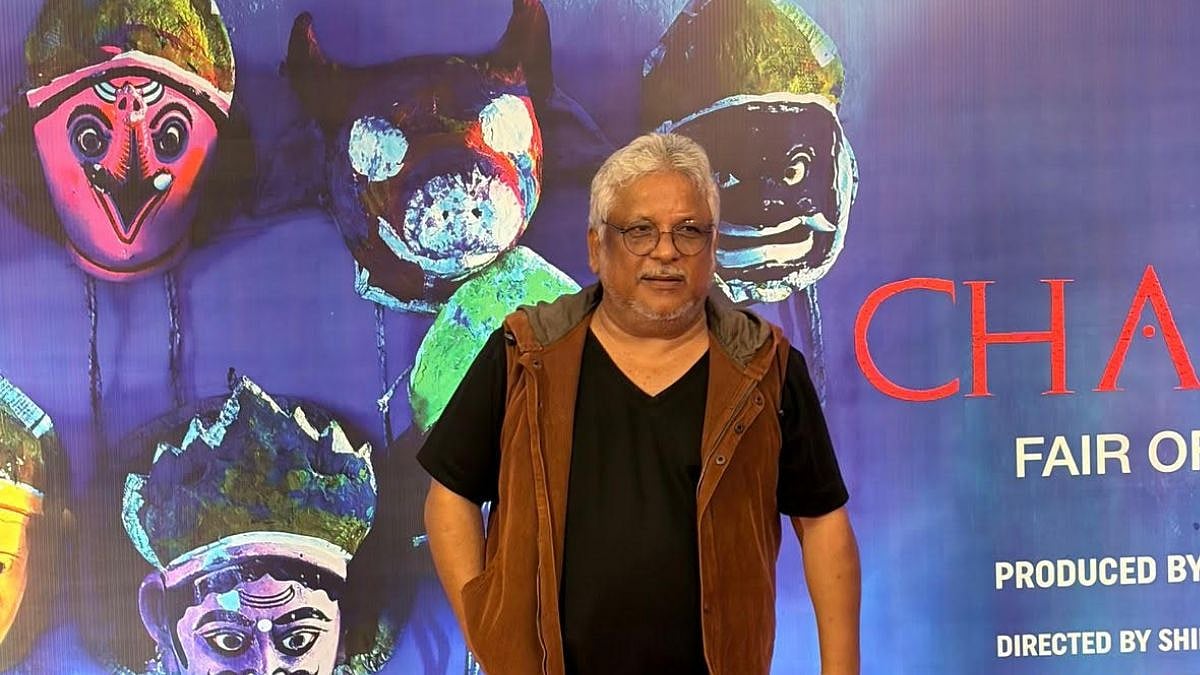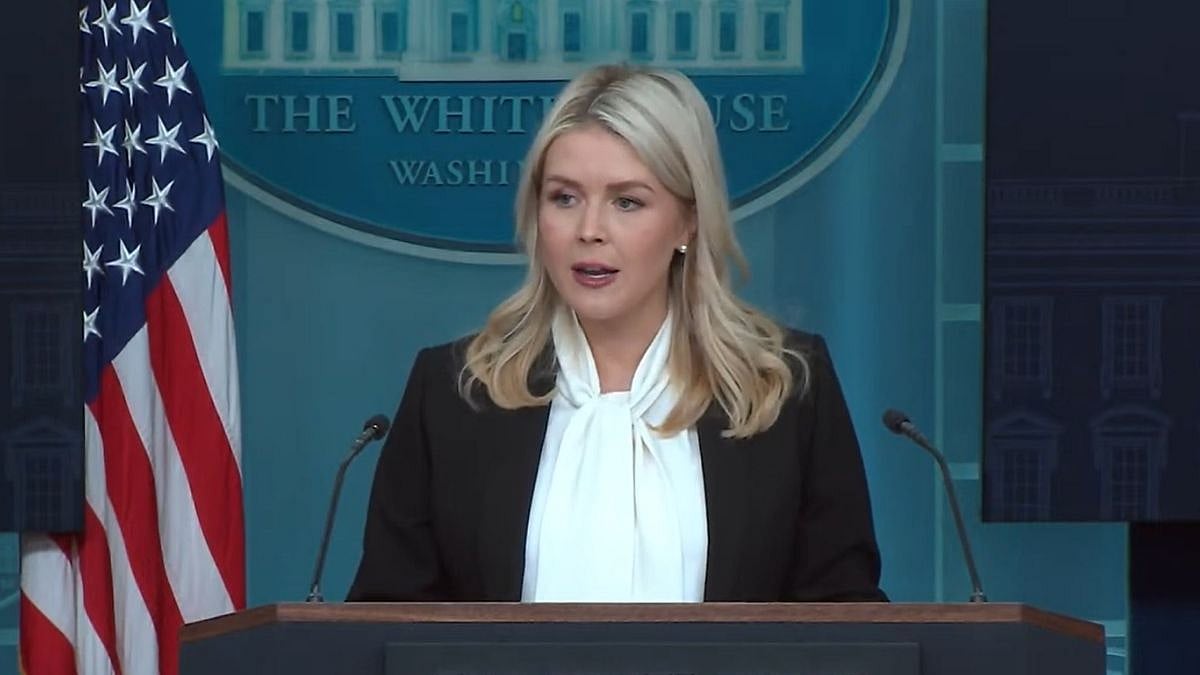When the world around doesn’t make sense anymore and all you want to do is shut out reality, losing yourself in a book is the best escape. As words leap out from a page and paint a picture of distant lands with different stories, life as we know it, seems a bit better. As adults are struggling to cope with the pandemic, so are children. Fortunately, the latter seem to have discovered the joy of reading to steer them through this difficult time.
World Wide Web to the rescue
Delhi-based Amita Malhotra, founder of a gender-neutral merchandise brand for kids and the mother of a six-year-old girl, says that the different resources that are available for children these days have opened up their world and are helping them cope with the lockdown.
Resources such as www.storyweaver. org. in — an initiative by Pratham Books, gives children access to stories across languages and helps them read virtually. The joys of words, plots, fantasy and fiction — earlier found in physical books — are now on screen. Storyweaver has an abundance of new English fiction written by Indian authors for kids and the reading programmes and books lists cover languages from Farsi and Tamil to Spanish!

Malhotra is also impressed by a Facebook group — The Reading Raccoons — where parents are often found scouring for book lists for their children. The virtual world for reading today exists cheek by jowl with physical books. Audio books and e-books have occupied new space in the hearts of little readers during COVID-19. Fortunately, audio books come replete with background music and a dramatic narration to offer added incentive for kids to enter the world of stories.
Shares Malhotra, “When parents make an effort to get their children interested in reading, it makes a big difference. There have been instances when children have started loving books accidentally. However, parents making an effort in that direction goes a long way. The online world, which is booming right now with reading clubs and e-books, has obviously helped. There are online libraries (like @bukmuklibrary) too which send you books home. I have been reading to my daughter since she was two, and she started reading independently by five. When the pandemic hit, I was so grateful that she could read because cut off from the external world, she could immerse herself meaningfully and independently.”
Monitoring screen time is essential
According to psychologist Shrradha Sidhwani, reading to a child helps stimulate neurons. For the brain’s development, language, reading verbally, and speech are essential. In the absence of a daily school routine, there are chances of this aspect suffering. She explains, “There are some negative effects of being virtual all the time, especially since the pandemic took over.”
She feels that the excessive use of technology can make children more aggressive prone to addictive behaviour patterns. “Often with technology’s overuse one sees that kids aren’t able to sit and focus. Parents have told me about their children not being able to concentrate on a Zoom class. Multiple screens being used all the time are bound to damage the eyes, which many a times is an irreversible loss. Lots of kids are getting spectacles today,” she adds.
Reading promotes compassion in kids
Krisha Khaturia, owner and founder of a Mumbai pre-school has observed that since the pandemic, children are reading more and their parents are spending more time reading with them. A positive outcome of the dreaded WFH phase! However, she adds that parents often lack proper guidelines on which books to buy for their children. She also observes, “Parents are busy with online office and chores, while their children who see their parents with gadgets want to do the same. Mobiles and games are often seen to distract children in the situation.”
Shabnam Minwalla, who has authored nearly 20 titles for kids and teens including The Six Spellmakers of Dorabji Street and The Shy Supergirl, adds, “We had one Kindle before the lockdown. Post lockdown we bought two more as my twins (who are 15) are voracious readers and the libraries had shut down or only a few people were being allowed in at a time. I often have trouble finding enough books for them to read as they read five to six books a week! Reading among children has definitely increased. Reading helps create your own movie in your head and helps develop empathy — a popular word today! And shows you how other people feel.”
Minwalla mentions how reading introduces beginners to tough topics like World War II or perhaps the Queen of Kashmir! Her books, as she says, are a mix of urbane references for adolescents amid supernatural-like settings. Don’t be surprised reading about Theobroma — the eminent pastry and bread chain — in her books.
First time readers welcome the world of words
Parents like Mumbai-based Siddharth Parsekar, along with Delhi-based Malhotra know the importance of surrounding their children with books, especially at a time when playing outside and going to school is restricted. Parsekar has a collection of around 70 to 80 books for his three-year-old daughter, across genres including cartoon series, animated books, general knowledge and fiction.
Another parent to a 10-year-old, Mumbai-based Aditi Makim says her son, who is usually more interested in sports and has no time when one adds school and tuitions to the mix, picked up his first book last year. The book — Vikram and Betaal — the stories of a King and a questioning ghost settled literally on his back is a set that her son Kabir feels “started out as not that interesting, but got interesting later on”. She reveals, “I asked him to start reading because during this last year, with so many activities on hold, he was spending too much time on gadgets and gaming. I said that wouldn’t do. He then started borrowing books from his cousin who in an avid reader. He was tired of so many activities online, including school, that he preferred reading a physical copy! Before last year, he had no time and was always busy. He needed to improve his vocabulary and reading helps in his composition and comprehension classes by showing words in context.”
“You can find magic wherever you look. Sit back and relax, all you need is a book!” – said American children’s book writer Dr Seuss. It seems children today are following that advice to the T… Whether virtual or physical, books offer a rich sensory experience, rivalled by none.








